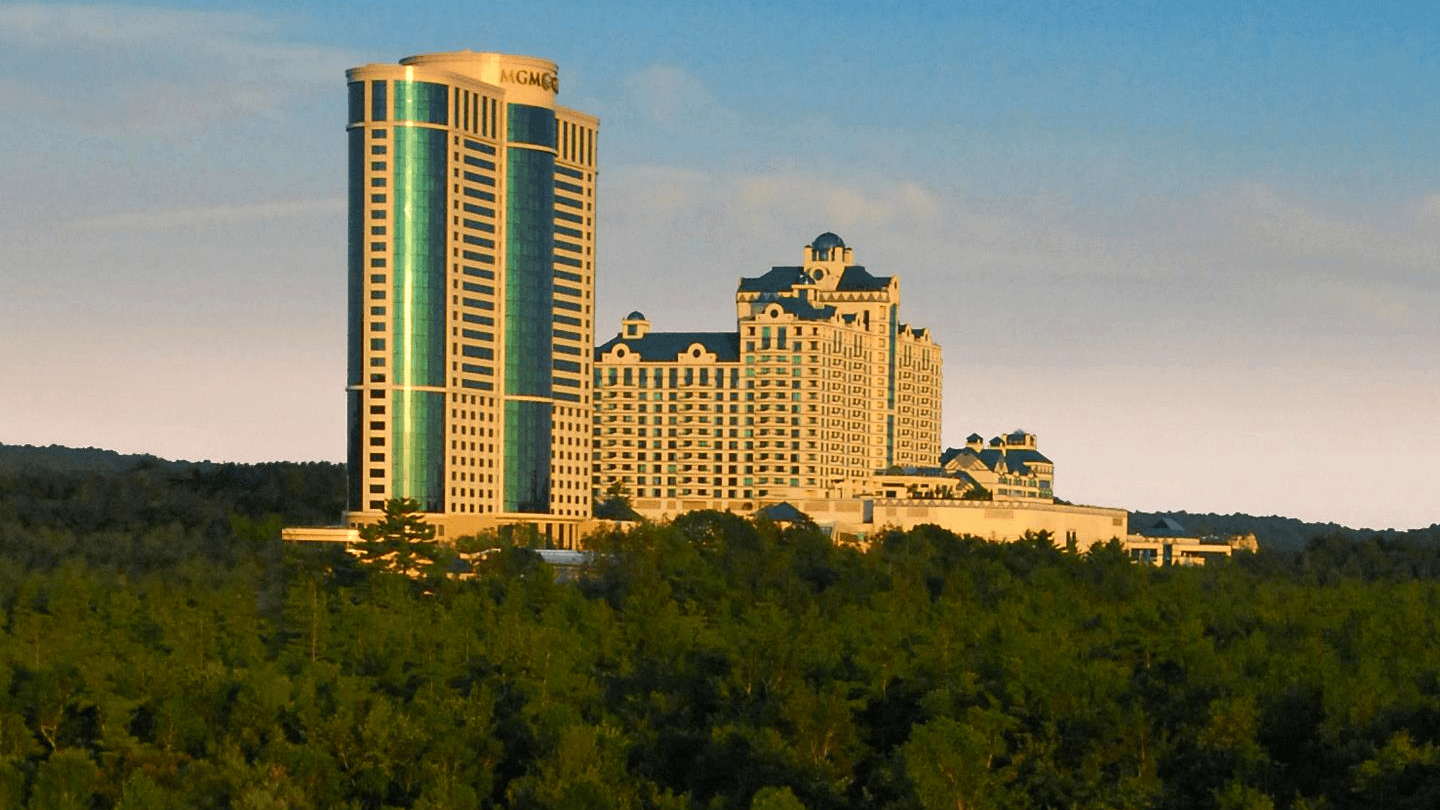Important information - .
Connecticut’s Foxwoods Resort Casino reported a 10 percent drop in slots revenue in October, as competition from Massachusetts’ begins to bite.
 In the first half of the 1990s Foxwoods had a virtual monopoly on the New England gaming market, which has since become crowded even more so when the MGM Springfield opened its doors in August. (Image: Foxwoods Resort Casino)
In the first half of the 1990s Foxwoods had a virtual monopoly on the New England gaming market, which has since become crowded even more so when the MGM Springfield opened its doors in August. (Image: Foxwoods Resort Casino)The Mashantucket Pequot-owned casino resort said the year-on-year plunge followed a 5 percent decline in September. Connecticut’s other tribal casino, Mohegan Sun, has not yet reported but said its slots revenue fell nearly 9 percent in September. The MGM Springfield opened its doors in late August.
Since winning the bid for the sole west Massachusetts casino license in 2014, MGM Resorts International has made no secret of the fact that it expected its $950 million venture to derive a large portion of revenues from cross-border footfall.
Tribes in LimboThe revenue dip is bad news for the tribes but also for the Connecticut, which receives a 25 share of gross gaming revenue on the tribes slots. The state has supported a joint venture by the tribes to build Connecticut s first off-reservation casino, in East Windsor, a stone’s throw from the border.
It was hoped the so-called “satellite” casino would blunt competition from MGM and protect the tribal casino industry in the southeast of the state. Connecticut passed a law to authorize the casino but wanted resulting amended compacts to be approved by the US Interior Department (DOI) to ensure revenue sharing contributions would be protected.
The tribes hoped to get the satellite casino up and running before the MGM Springfield could open its doors, but the DOI’s inaction left them in limbo. The tribes , claiming the lack of movement on the issue amounted to filibustering.
Fightback on HoldThe DOI eventually approved the Mohegan compact but said it was not required to act on the Mashantucket Pequot agreement because the tribe had originally failed to negotiate a compact with the state in the 1990s. The gaming agreement was eventually put in place using “secretarial procedures” and the DOI says it is under no obligation to act on revisions to compacts created in such a manner.
Now, as the Connecticut casino industry begins to feel the effects from its new neighbor across the border, the tribes are no closer to laying the foundations in East Windsor.
With MGM Springfield in its first few months of operation, not only did we expect to see an impact, we ve also consistently and publicly communicated our expectations over the last three years while proactively working toward mitigating any potential loss in revenue, said Foxwoods spokesman Adam Jalbert this week.
Share this article




